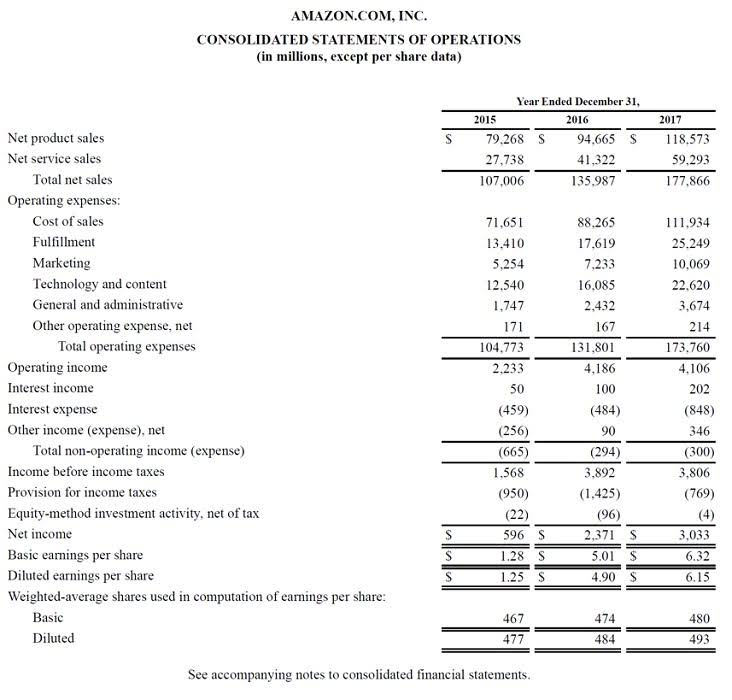It sounds simple, but in reality, a lot of behind-the-scenes work goes into accurately reporting on a business’s financial state. Accounting software plays a vital role in modern accounting by providing tools to streamline processes and enhance efficiency. It enables accountants to manage various tasks, such as recording transactions, generating reports, invoicing, and tax preparation, with greater precision and speed.
Nominal Accounts
To thoroughly analyze a company’s performance, it’s crucial to use various financial ratios, such as solvency ratios, profitability ratios, and liquidity ratios. These ratios provide valuable insights into key aspects of the company’s performance, such as its ability to meet short-term and long-term obligations, its operating efficiency, and overall profitability. If you prefer a completely hands-off approach to bookkeeping and accounting, Bench might be right for you. Connect your business bank accounts to have transactions automatically imported, categorized, and reviewed by your personal bookkeeper. By referring to your balance sheet, you can track how effectively you’re collecting payment.
Recording of Monetary Items Only
Which method a company chooses at the outset—or changes to at a later date—must make sound financial sense. Standardized accounting principles date back to the advent of double-entry bookkeeping in the 15th and 16th centuries, which introduced a T-ledger with matched entries for assets and liabilities. In the United States, generally accepted accounting principles (GAAP) are regulated by the Financial Accounting Standards Board (FASB). In Europe and elsewhere, International Financial Reporting Standards (IFRS) are established accounting definition in business by the International Accounting Standards Board (IASB). Privately held companies and nonprofit organizations also may be required by lenders or investors to file GAAP-compliant financial statements.
Company
Accounting is the interpretation and presentation of that financial data, including aspects such as tax returns, auditing and analyzing performance. Retained earnings are shown on the balance sheet under the shareholder’s equity section at the end of each accounting period. Now, due to the nature of both, retained earnings are often confused with reserves, but both are two different terms.
Accountant vs. CPA vs. Tax Pro
It can be used to pay dividends, invest in business growth, or saved as a safety net for tough times. While retained earnings are important, they should not be viewed in isolation. They are part of a bigger financial picture that gives insight into your company’s overall performance. Understanding how retained earnings fit with other financial metrics helps guide smarter business decisions for long-term success and sustainability. This makes it easier for investors to analyze and extract useful information from the company’s financial statements, including trend data over a period of time.
Learn business accounting today
- These tools speed up report generation, tax filing, and payment management.
- While a department isn’t cheap, you can see a return on investment over time.
- Professional practice and adherence to ethical standards are crucial in upholding the integrity of the accounting profession.
- At Finance Strategists, we partner with financial experts to ensure the accuracy of our financial content.
- It is concerned with the recording of business transactions and the periodic preparation of income statement, balance sheets and cash flow statement from such records.
- In addition, financial accounting adheres to established industry rules and guidelines, such as the Generally Accepted Accounting Principles (GAAP).
- Recording pertains to writing down or keeping records of business transactions.
For one thing, the cost of hiring someone like this can be a substantial burden on your business’s finances. Accounting is the process of recording, classifying and summarizing financial transactions. It provides a clear picture of the financial health of your organization and its performance, which can serve as a catalyst for https://www.facebook.com/BooksTimeInc/ resource management and strategic growth. Proper accounting practices allow companies to maintain accuracy, efficiency, and profitability in their operations.
Maintaining systematic records
- The person who is contemplating an investment in a business will like to know about its profitability and financial position.
- Though I am not a fan of technical definitions, studying the statement above will give us a better understanding of accounting.
- These firms, along with many other smaller firms, comprise the public accounting realm that generally advises financial and tax accounting.
- The financial statements used in accounting are a concise summary of financial transactions over an accounting period, summarizing a company’s operations, financial position, and cash flows.
- By applying various financial metrics and ratio analyses, companies can identify areas for improvement and make informed decisions to achieve their financial objectives.
At its core, accounting is a money-management process that tracks and records expenses. Accountants analyze the flow of cash through your business to improve operations. A great accountant can improve profitability just by managing your finances. Accounting helps you gauge where your small business stands financially, what it can afford at any given time, and where its money is coming from and going.
IFRS is a standards-based approach that is used internationally, while GAAP is a rules-based system used primarily in the U.S. IFRS is seen as a more dynamic platform that is regularly being revised in response to an ever-changing financial environment, while GAAP is more static. Summarising is the art of making the activities of the business enterprise as classified in the ledger for the use of management or other user groups i.e. Summarisation helps in the preparation of Profit and Loss https://www.bookstime.com/articles/cash-dividends-and-stock-dividends Accounts and Balance sheet for a particular fiscal year. Interested parties like owners, creditors, management, employees, customers, government, etc. are interested in accounting information. Generally, a businessman has to pay corporate tax, VAT and excise duty, etc.








